A group of hippos introduced to Colombia by drug cartel leader Pablo Escobar in the 1990s is causing concern among researchers and conservationists. After Escobar’s death, the hippos were left to establish themselves in Colombia’s Magdalena River and nearby lakes, and their population has multiplied to around 150 individuals.
Scientists now worry that the environment ministry will prioritize animal welfare over reducing the population of invasive hippos that threaten the country’s natural ecosystems and biodiversity.
The hippopotamus amphibious is considered the largest invasive animal in the world, with no natural predators in Colombia. A modeling study published in 2021 estimates that if left unchecked, their population could reach 1,500 in 16 years.
Researchers have called for a strict management plan to reduce the wild population to zero, through a combination of culling some animals and capturing others, then relocating them to facilities such as zoos.
However, what to do with the hippos has polarized the country. Some view the animals as charismatic and valuable tourist attractions, while others are concerned about their threat to the environment and local fishing communities.
The hippo population could displace endangered species native to the Magdalena River, such as the Antillean manatee, by outcompeting them for food and space. There is also a risk of traffic accidents and attacks on people caused by the hippos.
The Colombian authorities acted to reduce the hippo population when they first recognized their rapid growth during the 2000s. However, photos that emerged in 2009 of soldiers gunning down Pepe, Escobar’s fugitive male hippo, caused an outcry from animal-rights activists and plunged the environment ministry into “institutional paralysis”. Researchers say that the hippos do not belong in Colombia, as they are native to sub-Saharan Africa.
The worry now is that the government needs to listen to popular opinion rather than basing decisions on evidence and conservation expertise. According to a study published last month, Colombia has few policies governing invasive species compared with its overall number of biodiversity policies.
The question is whether environmental authorities will act swiftly to draft and enforce an ethical and effective management plan. If they delay, rural communities that are most affected by the hippos might take matters into their own hands.
It is essential to prioritize the environment’s health and biodiversity over any charismatic invasive species. The Colombian authorities need to take decisive action to reduce the population of invasive hippos before it’s too late.
As individuals, we can also help by being mindful of the environmental impact of our actions and supporting conservation efforts in our communities. It’s time to act to protect the environment, and we all have a role to play.
This article by Nicholas Vincent was first published by OneGreenPlanet on 6 March 2023.
What you can do
Support ‘Fighting for Wildlife’ by donating as little as $1 – It only takes a minute. Thank you.
Fighting for Wildlife supports approved wildlife conservation organizations, which spend at least 80 percent of the money they raise on actual fieldwork, rather than administration and fundraising. When making a donation you can designate for which type of initiative it should be used – wildlife, oceans, forests or climate.
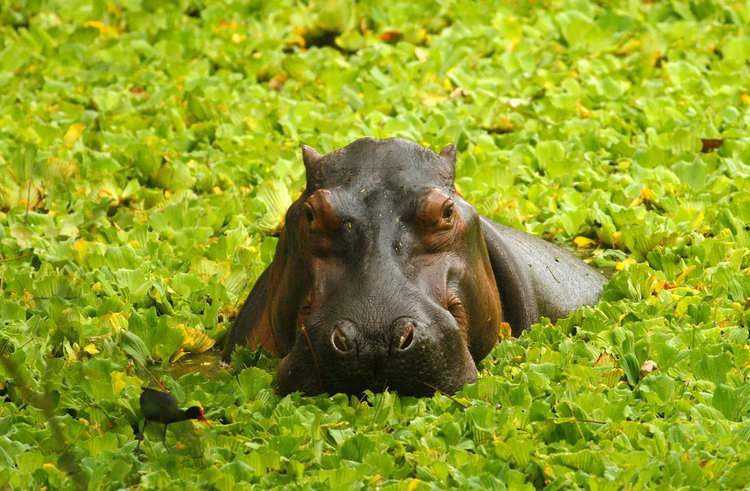
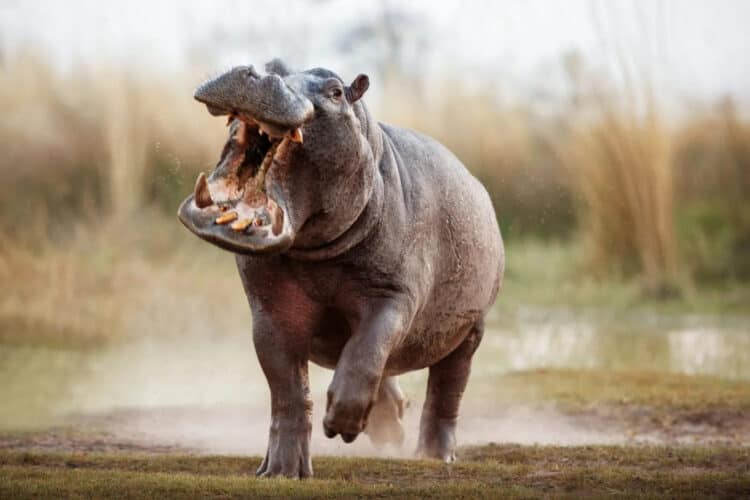
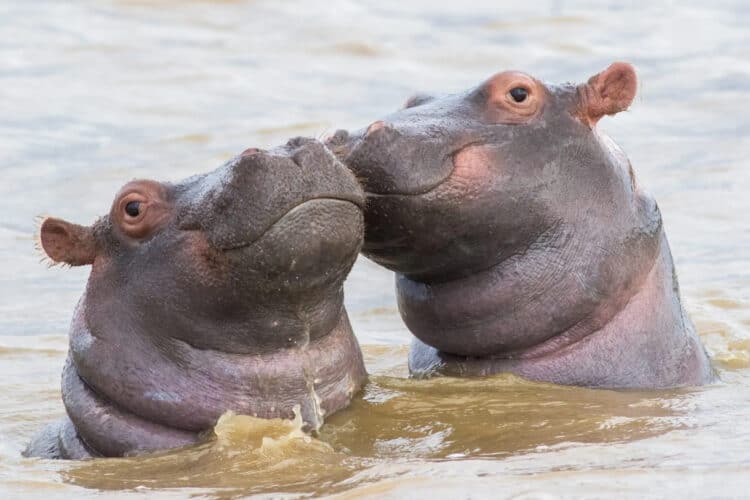
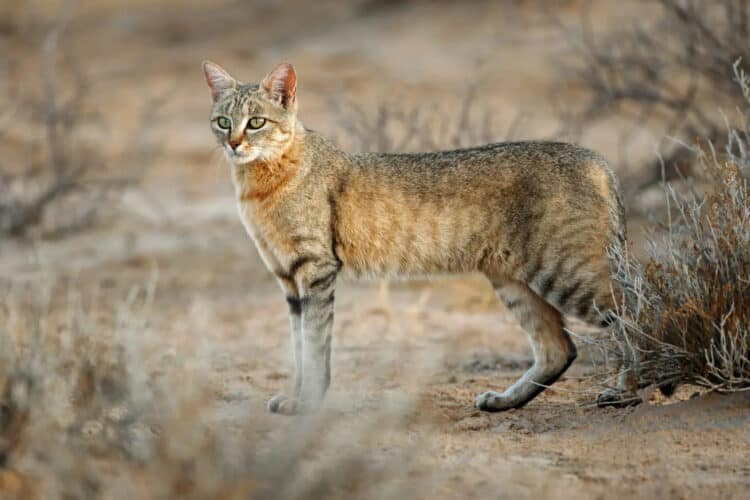


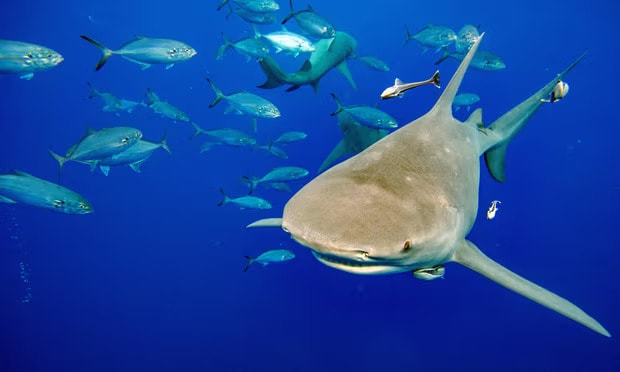
Leave a Reply